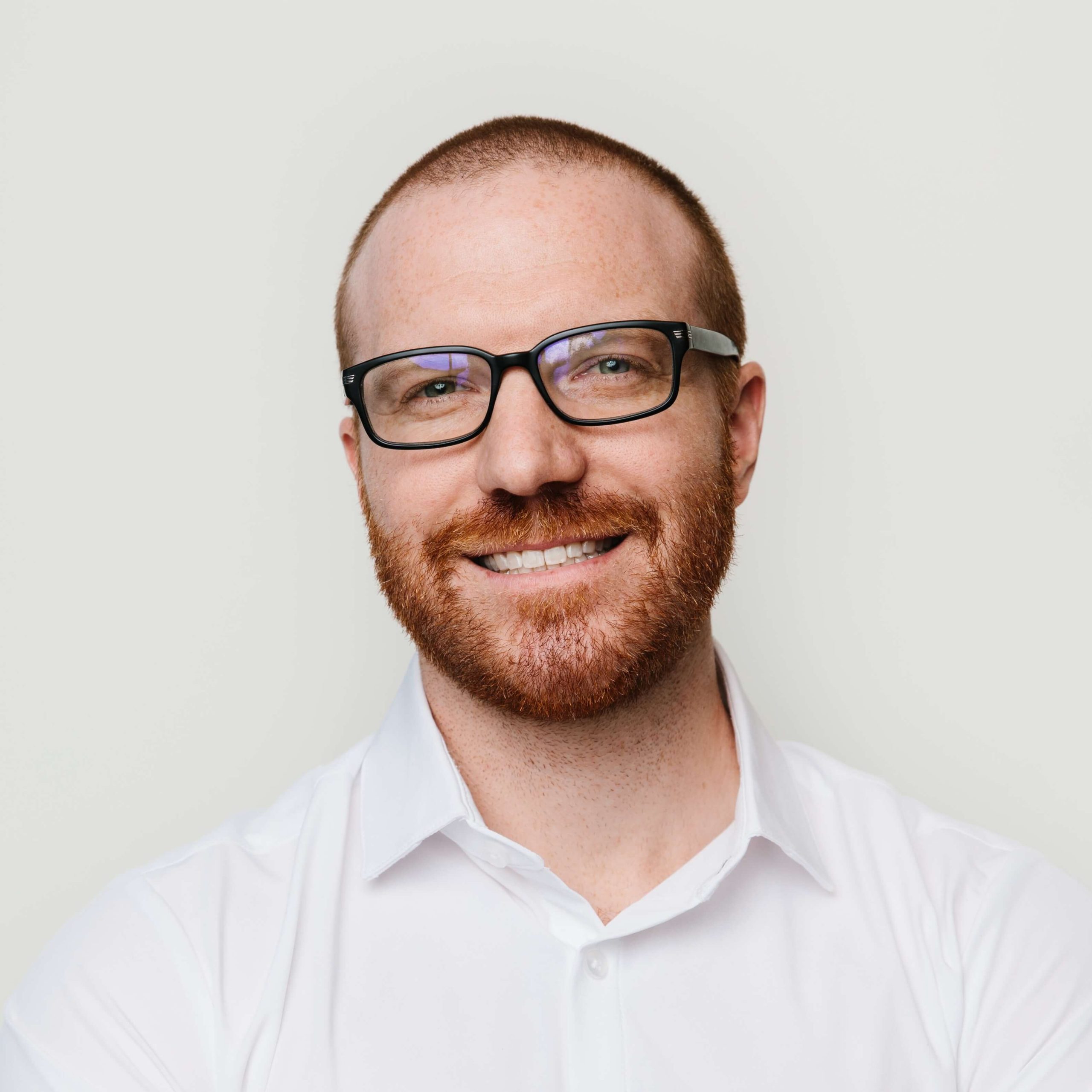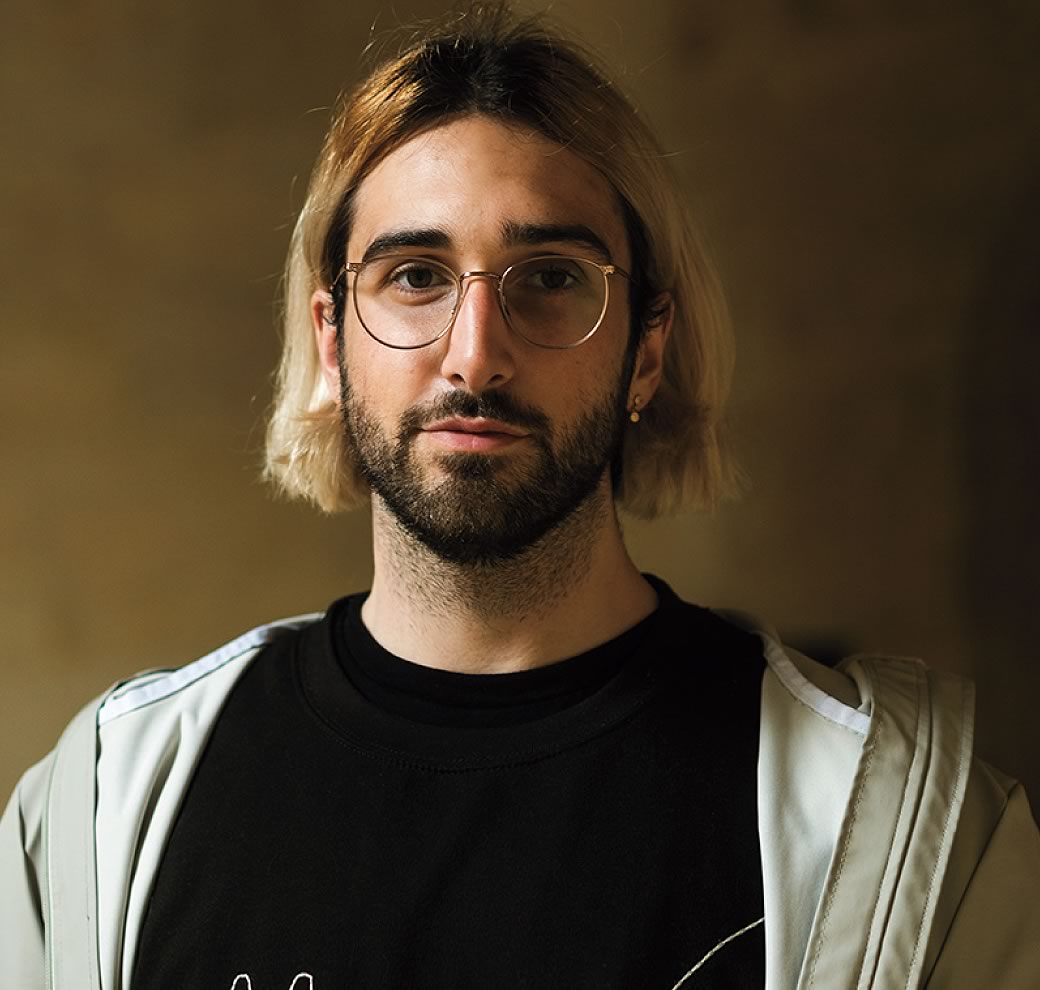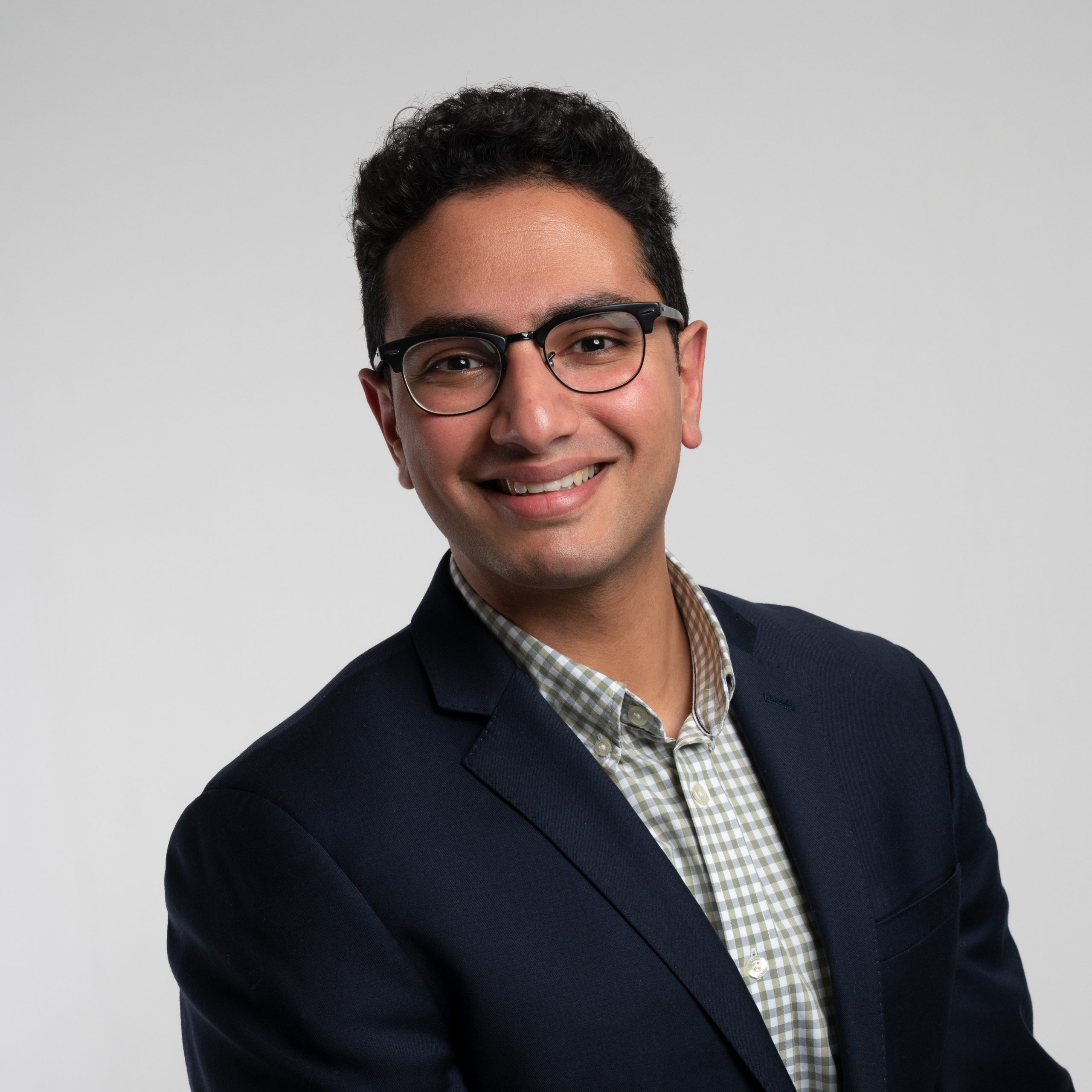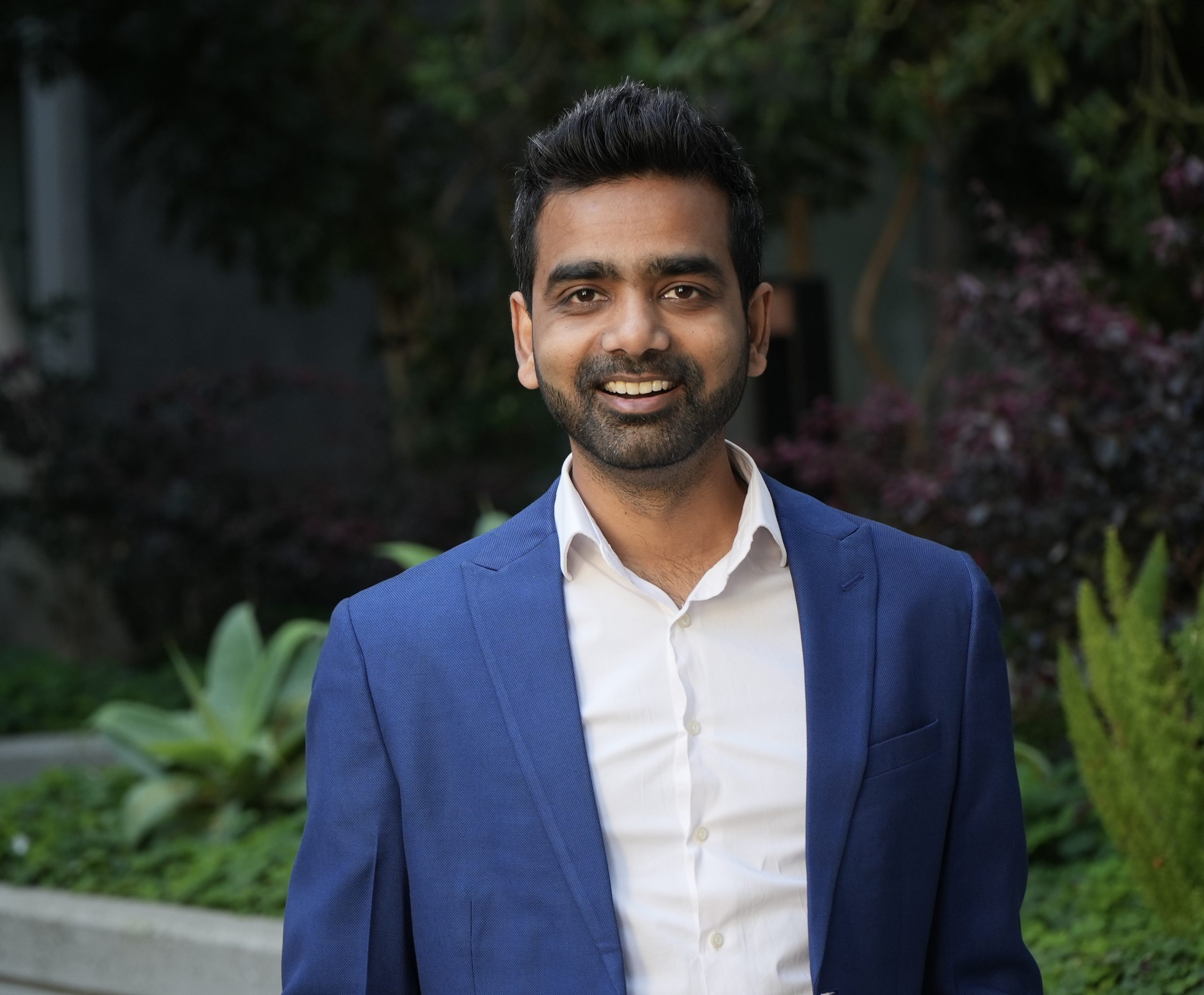Biopharma companies run clinical trials to determine if new treatments are better than existing treatments, but these trials take many years and cost upwards of hundreds of millions of dollars. Clinical trials require large numbers of patient volunteers in order to tease out the signal from noise that results from natural variability in patients’ outcomes. At Unlearn, we create digital twins of every patient volunteer in a clinical trial in order to forecast what their clinical outcomes would be on existing treatments. As a result, we can help biopharma companies design powerful clinical trials that use smaller control groups than traditional designs, making them much shorter and cost effective.
The human body is too complex to use mechanistic models to create patients’ digital twins.
Fortunately, there’s a wealth of data from previously completed clinical trials and electronic health records with information on how patients respond to existing treatments. Therefore, we develop algorithms known as generative models that can use these historical patient data to learn to create digital twins for new patients.
A patient’s symptoms generally vary over time, so it’s not enough to forecast their health at some specific future time – we want to know their likely symptoms at all future times. Therefore, our AI research focuses on generative modeling of high dimensional time series.





